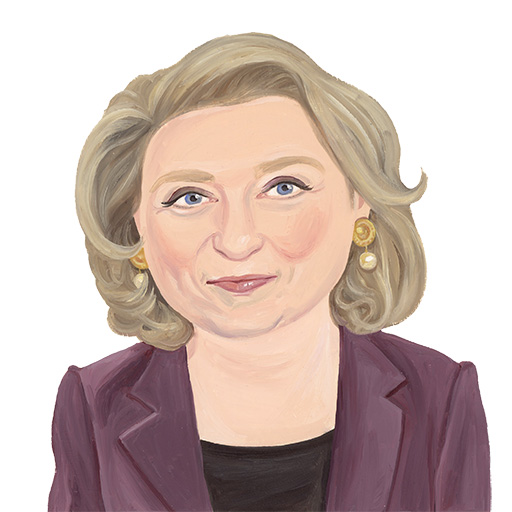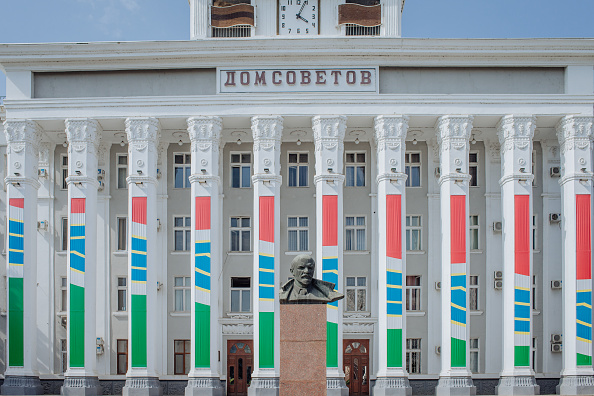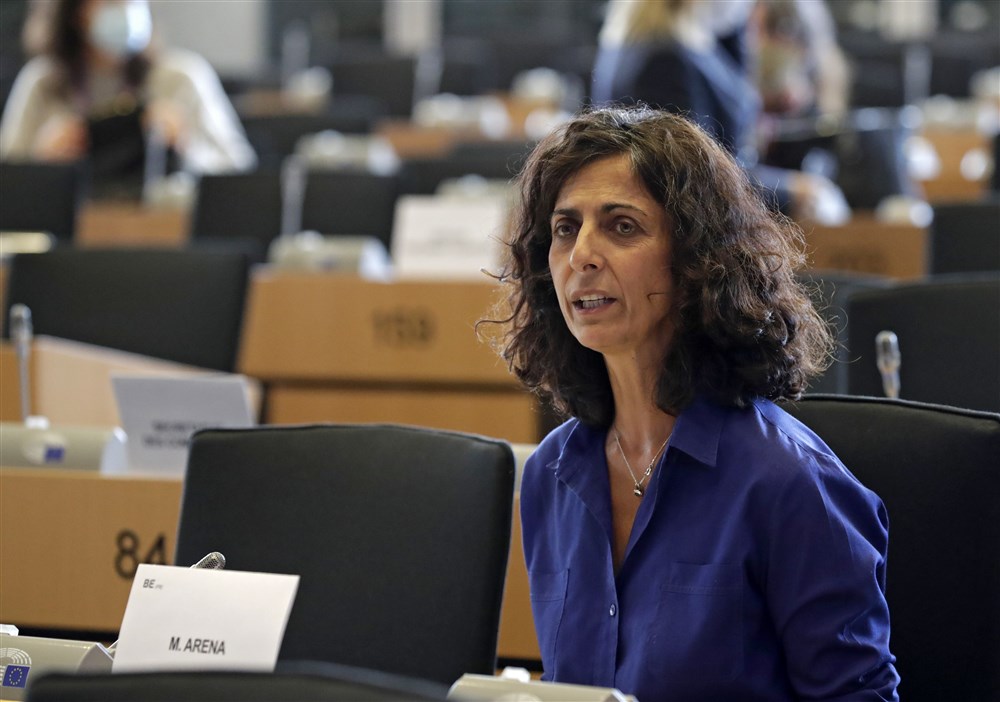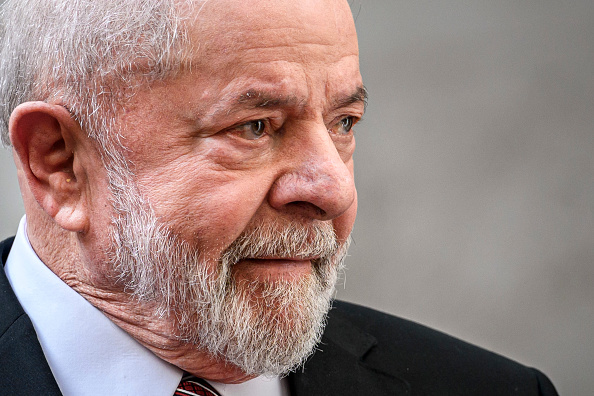Brussels’s Common Agricultural Policy worked for years, at great cost and with a wealth of regulations, to bring closer the EU member states’ farming sectors. This goal may be close to being achieved today — but in opposition to the CAP (or at least its most egregious diktats).
After the Dutch, Polish, Italian, and German farmers, it’s France’s paysans – notoriously fractious, but equally notoriously large recipients of CAP subsidies over the last six decades – who are in revolt.
At the Élysée Palace, Emmanuel Macron and his brand-new 34-year-old Prime Minister Gabriel Attal are watching with increasing unease marches, roadblocks and scuffles across the country, worrying that a new Green Vests movement might prove equally damaging as the 2018-2019 Yellow Vests revolt.
French farmers have a lot of reasons to worry. In a country that for centuries was the agricultural behemoth of Europe, their numbers have dwindled at an alarmingly fast rate of late.
The average size of farm holdings has gone up, from 40 hectares to 69, since the turn of the millennium: this reflects the acquisition of farmland by large industrial behemoths, who far from coincidentally are the main beneficiaries of CAP subsidies.
Over the past ten years, 100,000 farms, big and small, have disappeared. There are 20 per cent fewer farmers (and 30 per cent fewer breeders): under 500,000 today, down from 1.3 million in 1980. By 2030, half of them will have retired, and no-one knows how they will be replaced.
Farming is hard work, far from the legal 35-hour week that was voted into law in the 1990s. For three farmers who retire, only one takes up farming.
For years, French magazines reported on the difficulty young farmers have had to find a life partner willing to share a life getting up before sunrise, seven days a week, in all weather, coping with fractious machinery, animals, and government agencies.
Average farming income varies, but at least one third of French farmers earn less than the minimum wage — and that’s in the good years, not the ones with bird flu, foot and mouth disease, or war in Ukraine disrupting fuel, electricity, or transport costs.
It’s the accumulation of this, as much as exhaustion with the sheer bureaucratic weight increasingly crushing farmers that triggered the current anger.
Any farming activity in France is subject to literally thousands of, often contradictory, regulations from different national and European bodies. The EU, for instance, require geolocalised and time-stamped photographs of every field and piece of land in use as proof of cultivation (grazing, etc.), no matter that some of the land has no data reception. The use of pesticides has been restricted to the point of lowering yields.
From the EU to the local zoning agencies, every bureaucracy has an often conflicting say on bird habitat, size of hedges, fertiliser allocation depending on location, time of year, distance from grazing fields, living quarters, protected animal habitat, and on and on it goes.
The land of one farm can be “zoned” in up to five separate categories, each with different regulations and overseen by a different body. No wonder that in addition to their actual back-breaking farming workwork, the landholders have to devote 20 per cent of their time to the endless paperwork.
A good amount of the most recent regulation has to do with the EU’s Green Deal.
In the past couple of years, it has brought the surrealistic mass of farming legislation into the news, because the French Greens, a fractious coalition of half a dozen strains, most of them far-Left. Together they are currently polling at around 10 per cent in the coming June European elections. The Greens bitterly criticise the Brussels regulatory framework as “not enough”.
In quite a few instances, the French government has yielded, leading to what is known as “overtransposition” of EU legislation: measures that go further than the Bloc’s requirements.
One example is the French banning of 75 separate chemical molecules used to treat infestations in specific types of produce, like cherries, spinach, hazelnuts, endives etc., while remaining legally used by farmers elsewhere in the 27.
French farmers have been complaining bitterly of having to compete on an unfair playing field, with cheap imports from around the world making inroads in their profits.
The Green obsession makes them feel they are being betrayed by their own country. This is feeding an anger that is now turning political.
There is no “farmers’ party” in France, such as the BBB in the Netherlands; but there are farmers’ political supporters, who unsurprisingly are found more on the Right than on the Left.
Both the National Rally and Eric Zemmour’s Reconquête have expressed solidarity with a group that’s seen as the backbone of the country, and the French way of life.
Marine Le Pen failed to get much traction with the Yellow Vests, who refused any kind of organisation, internal or from outside. That is not the case with the farmers, who historically have had a number of professional associations and unions.
The National Rally is currently polling 30 per cent of the projected vote at the Euro-elections, ten points ahead of Emmanuel Macron’s Renaissance party. That lead may yet widen between now and June.






Europe’s capital needs media to challenge the status quo: That’s why Brussels Signal is launching